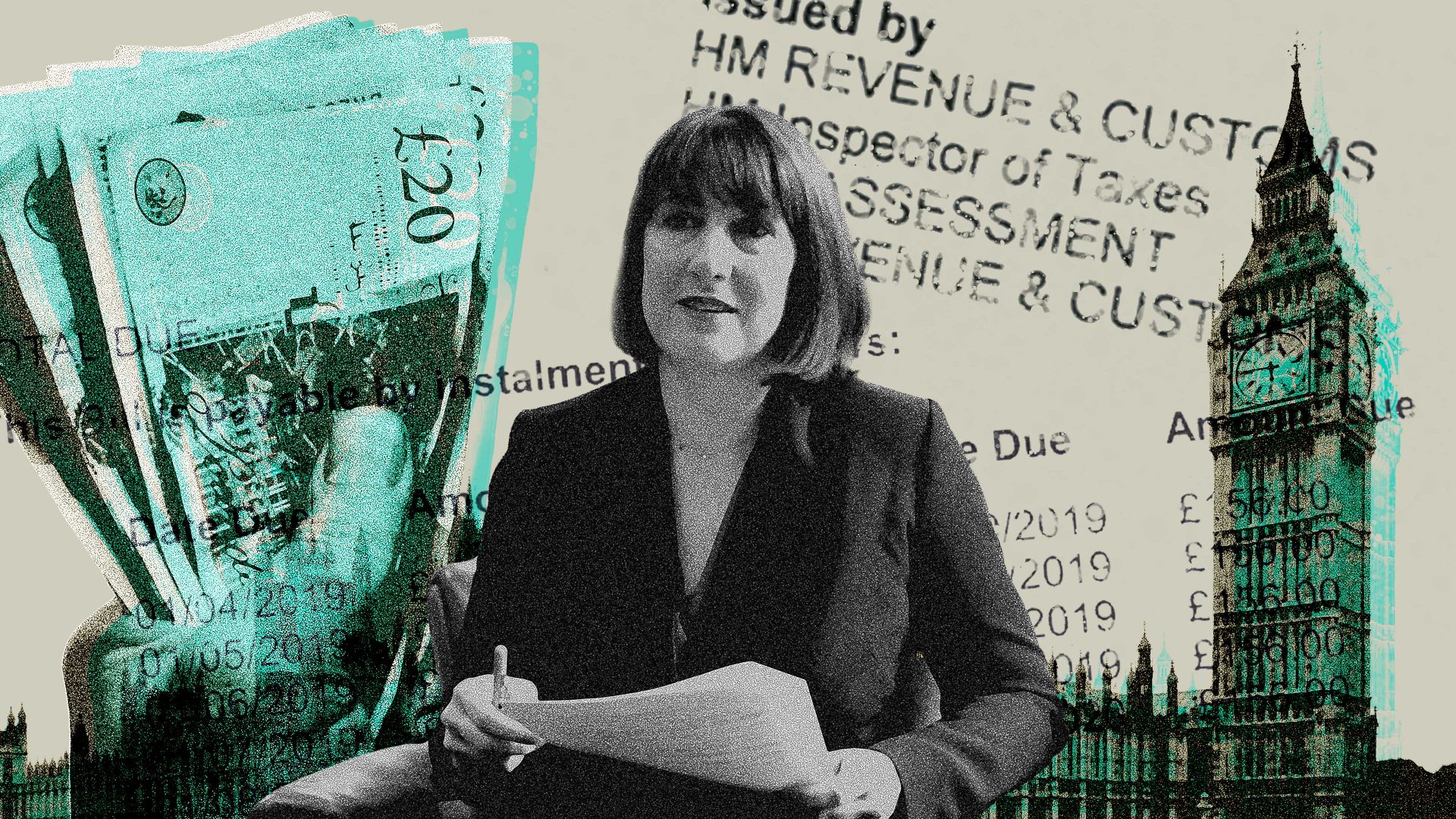Rachel Reeves has done the easy bit: she was the first chancellor to address the Labour conference since Alistair Darling in 2009, and it guaranteed her a rapturous ovation. Much harder will be the juggling act she has to perform on October 30.
An optimistic tone cheered the Liverpool audience, but in the budget speech she has to deliver practical policies. Reeves’s script has already been largely written.
“I intend that capital investment will continue at historically high levels…” it declares, explaining that capital spending “is essential to help create jobs, boost the recovery and deliver economic success in the long term.”
There will be a new industrial framework “whose aim is to remove the barriers holding back innovative and fast-growing companies – and to help markets work better.”
Also, “I am not proposing to increase taxes on income this year…(but) it is fair that those who have gained the most should contribute more.” Those lines all featured in Darling’s 2009 budget, following the catastrophic banking crash of 2008.
Reeves, faced with a “£22bn black hole”, was initially panicked into cancelling capital projects. But if there is to be any chance of meeting growth objectives, investment is key.
Modern medical facilities will deliver a more efficient NHS; schools that do not have to shut classrooms for fear of collapsing roofs would help students; well functioning road and rail boosts productivity.
Reeves knows that and now, thanks to the magic of accounting, it seems likely that she has found a way to bolster capital spending. Redefining public debt could give her many billions of extra headroom – estimates vary from £30bn to £50bn.
There may be some opposition from the Treasury. Reeves has little in common with Liz Truss, but comes close to echoing her disdain for “Treasury orthodoxy”, telling the conference: “It’s time the Treasury moved on from just counting the cost of investment in our economy to recognising the benefits, too.” This should lead her to adopt, at least in part, the approach to national accounts known as “public sector net worth”, which tries to put a value on assets, and apportion debt more sensibly.
Promises not to lift taxes on “working people” or bring in a wealth tax restrict her room for manoeuvre. But while she has accepted the wisdom of borrowing to fund investment, it remains anathema to borrow to fund current spending, hence she has repeatedly warned of the inevitable pain that lies ahead, albeit short term. This is despite Britain’s tax revenues this year, according to the Institute for Fiscal Studies, being set to reach their highest levels since the 1940s.
Interest payments soak them up, so, if the pledge of “no return to austerity” is to be met, she will have to find more cash. Limiting tax relief on pension contributions and doing away with the irrationally generous idea that capital gains tax obligations are wiped out by death would be two sensible measures, but would not yield many billions.
Inheritance tax is another much mooted potential target but, although currently only paid by 4% of people, it is a politically fraught target because of many people’s deep-rooted desire to benefit their offspring.
Far more politically popular is the clampdown on non-doms, which she has already announced, but it is unlikely to yield huge amounts. As they have been noisily indicating, some non-doms may quit the UK, but taxing all their overseas income, as threatened, will prove a tricky task: their advisers will be more than a match for even a beefed-up HMRC.
Reeves may have to make small changes to try to collect some short-term cash but, ideally, she would set out on a course that would deliver a simpler and fairer tax system.
The current tax code is ludicrously complicated, allowing huge scope for avoidance, and the results have achieved a society in which wealth is unfairly distributed. Some version of a property tax is the answer.
Council tax must change. Properties in England and Scotland are still taxed based on 1991 values, and mansion-dwellers pay a pittance compared with those in modest terraces. In addition, a separate annual property levy direct to central government should see the wealthiest contributing more. That was Darling’s declared aim, and Reeves has to head in that direction.




